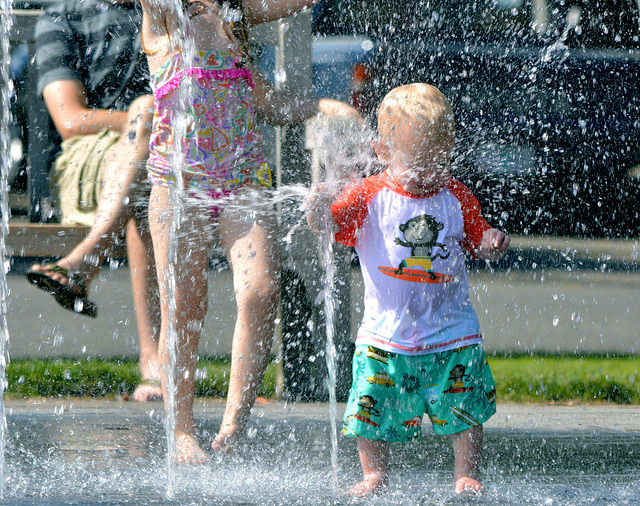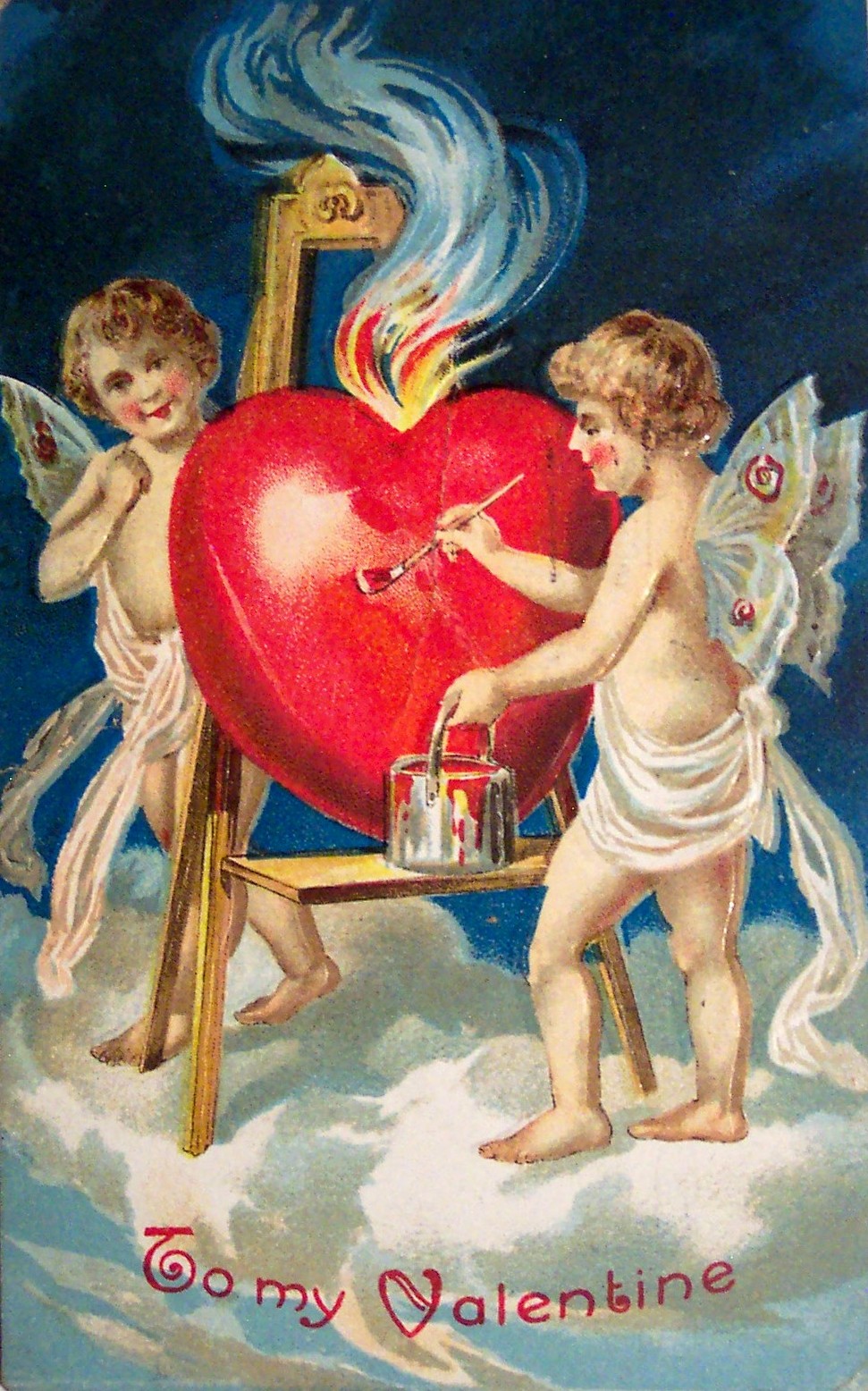
Every family and culture has their own Christmas traditions. Try some of these ideas with the children:
Art Activities
- On a BIG piece of paper draw a fireplace and a mantle. Make a paper stocking (two halves stapled together) decorate with glue and glitter, write the children’s names on them and “hang” them on your fireplace mural. Use catalogs to cut out toys to put in the stockings.
- Cut out a tree from green construction paper. Decorate your tree with colored ornaments, glue and glitter. Pieces of ribbon or wrapping paper.
Books to Read
- Cranberry Christmas by Wende and Harry Devlin
- It’s Really Christmas by Lillian Hoban
- The Christmas Doll by Wendy Parker
- ABC Christmas by Ida DeLage
- Santa Claus Forever by Carolyn Haywood
- A Forest Christmas by Mayling Mack Holm
- The Christmas Party by Adrienne Adams
A Fingerplay for Fun
Five Little Bells
-
- Five little bells hanging in a row
-
- (Hold up 5 fingers)
-
- The first one said, “Ring me slow.”
-
- (Move thumb slowly)
-
- The second one said, “Ring me fast.”
-
- (Wiggle index finger)
-
- The third one said, “Ring me last.”
-
- (Move middle finger)
-
- The fourth one said, “I’m like a chime.”
-
- (Move ring finger.)
-
- And the fifth one said, “Ring us all. It’s Christmastime!”
- (Wiggle all 5 fingers)






 Phones, tablets, and laptops are wonderful tools to stay connected and informed, but we need to be careful not to let them become distractions from real life interactions and most importantly our responsibilities.
Phones, tablets, and laptops are wonderful tools to stay connected and informed, but we need to be careful not to let them become distractions from real life interactions and most importantly our responsibilities.
 What is Daylight Saving Time?
What is Daylight Saving Time?